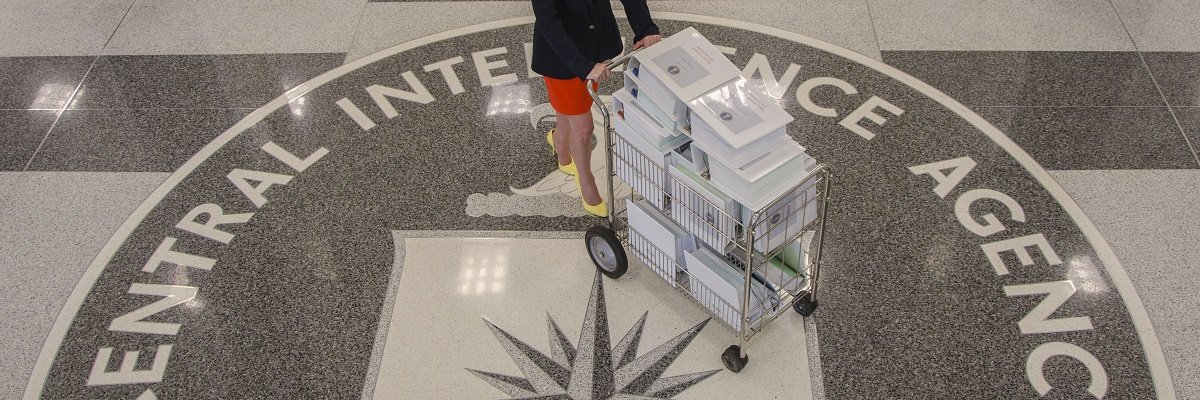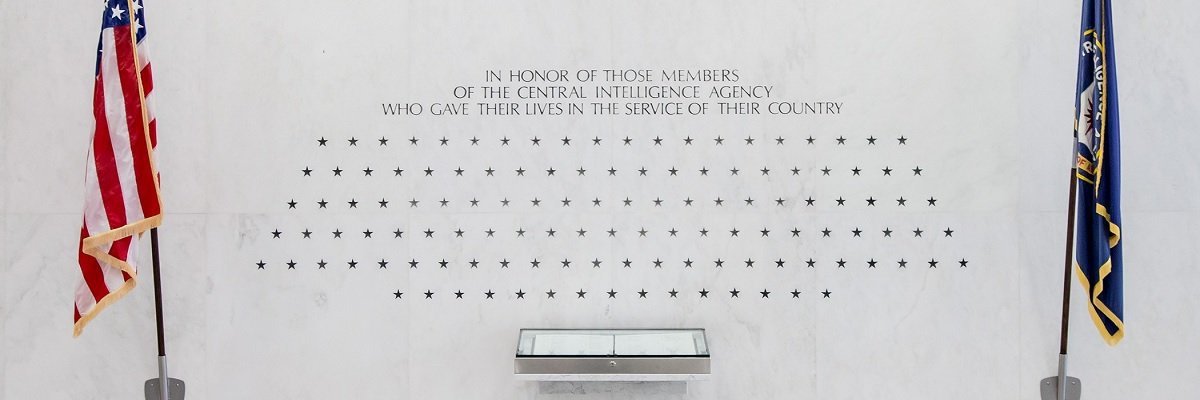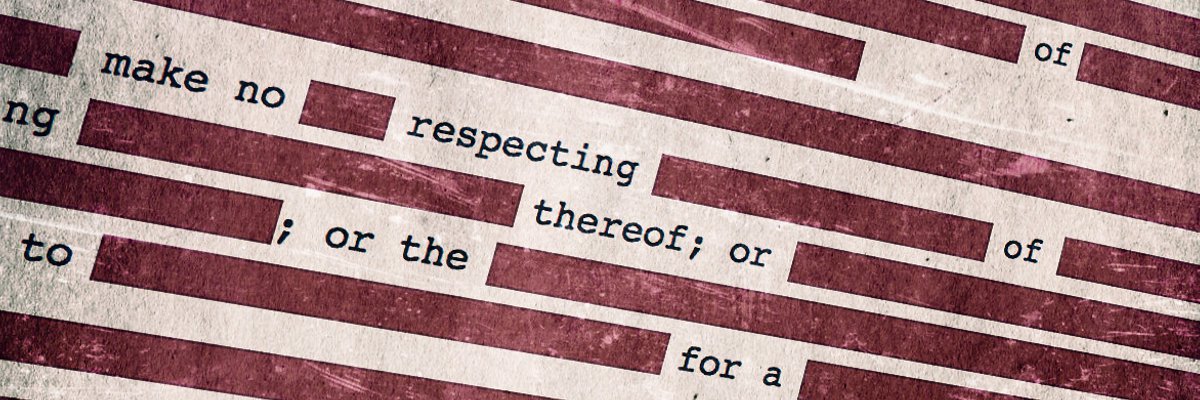Included in the CIA’s declassified database is an October 1968 list of recommended responses to questions and “myths” regarding the Agency, which had all “been used successfully.” Many of the answers were dismissive, with recommended responses including changing the subject, questioning if an Agency failure was really a failure at all, and attempting to debunk accusations by calling them hearsay.
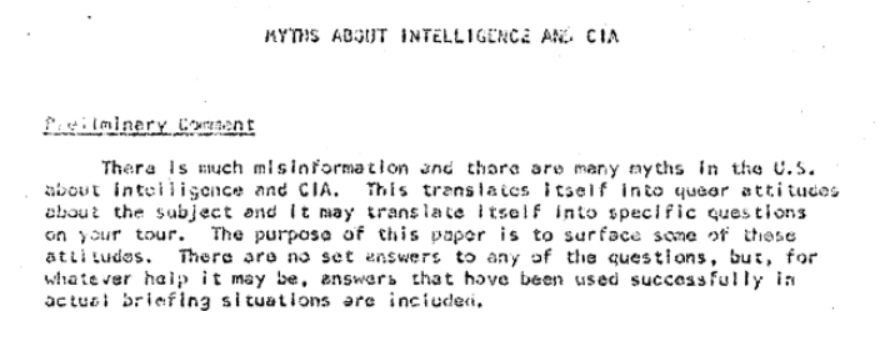
When asked about espionage is potentially “odious or even immoral,” the Agency recommended a response that included telling people not to worry about it and that intelligence work included 90% open sources, with relatively little coming from espionage. Aside from telling people who felt this way that “they need never be concerned with espionage,” the Agency did nothing to respond to the actual question of morality.
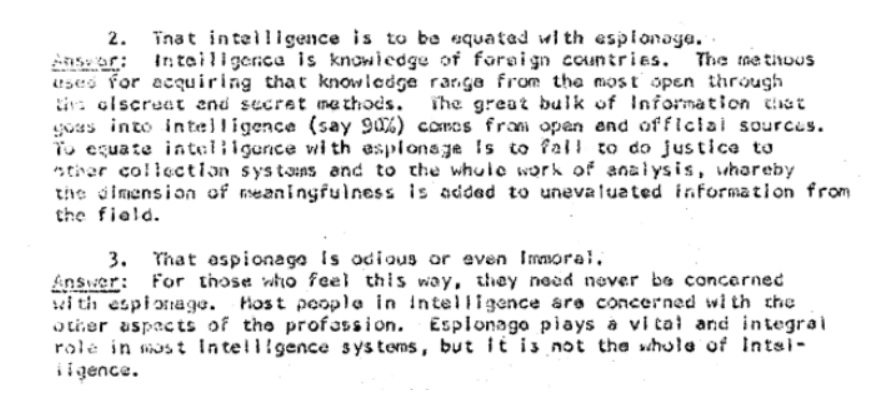
When presented with questions about specific instances of CIA failures, like the 1960 U-2 crash, the Agency’s recommended response was “What failure?” The Agency argued that the operation, which ended with the U-2’s crash, “was a very great success indeed” - it was only after the crash that things “left a great deal to be desired.”

As for the Bay of Pigs failure, CIA’s response was that they did the best they could with the orders they were given. No mention is given to the communications breakdown, the failure to build a proper deception about the landing site, nor the fact that they couldn’t keep the time and location of the invasion a secret from either the New York Times or the Soviet Union. To their credit, CIA did concede that their best simply wasn’t good enough.

In response to accusations that CIA was upsetting the applecart in Vietnam, the Agency described such accusations as hearsay, quoting President Kennedy’s exchange with a reporter at a news conference. This tactic of referring to the denials of others is one which the Agency would frequently return to over the coming decades, as it let them maintain deniability and engage in lies of omission. Interestingly, the Agency redacted some of these comments, despite having been on the record with a journalist, because the individual being discussed had been a CIA official.
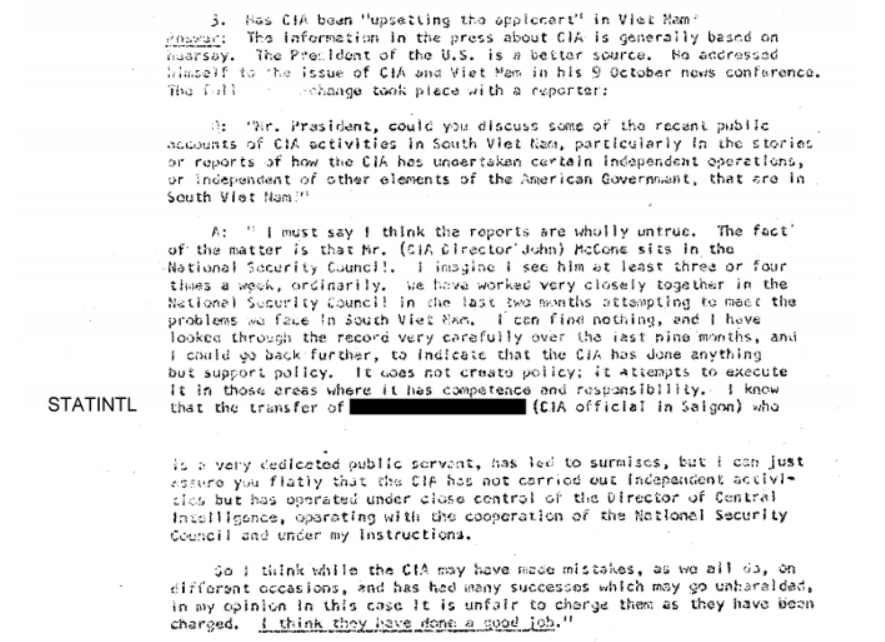
In fairness to CIA, it’s difficult for a clandestine organization to defend itself against accusations of wrongdoing. That said, it’s hard to think of a worse response than “you don’t need to think about that.”
You can read the full memo of CIA’s 1963 responses to Myths About Intelligence and CIA” below.
Like Emma Best’s work? Support her on Patreon.
Image via CIA Flickr
